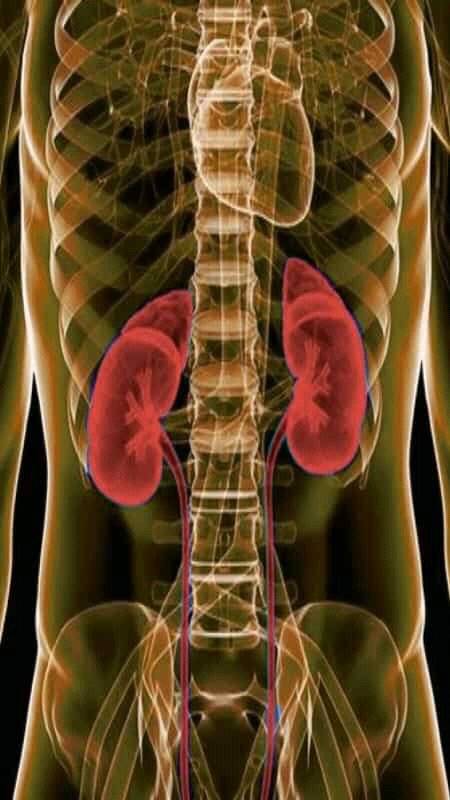Your lungs are essential organs that enable you to breathe and supply your body with the oxygen it needs to function. Taking care of your lung health is crucial for overall well-being, as damaged lungs can lead to various respiratory problems and conditions. To maintain healthy lungs and prevent lung damage, here are some habits and activities you should stop right away:
1. **Smoking:** Smoking is the most significant contributor to lung damage. The harmful chemicals in cigarettes can cause conditions such as chronic obstructive pulmonary disease (COPD), lung cancer, and emphysema. If you smoke, quitting is the most effective step you can take to protect your lungs and overall health.
2. **Exposure to Secondhand Smoke:** Secondhand smoke can be just as harmful as smoking. If you're around people who smoke, ask them to do so away from you, especially in enclosed spaces. Avoid environments where you're exposed to secondhand smoke.
3. **Vaping and E-Cigarettes:** The long-term effects of vaping and e-cigarettes are not yet fully understood, but they are not without risks. Many e-cigarette products contain harmful chemicals and can lead to lung injuries. It's best to avoid vaping altogether.
4. **Excessive Air Pollution:** Air pollution can be a significant threat to lung health. If you live in an area with high levels of pollution, consider wearing masks when necessary and using air purifiers indoors. Reducing your exposure to polluted air is crucial.
5. **Occupational Hazards:** Some workplaces can expose you to harmful substances that can damage your lungs over time. If your job involves exposure to dust, fumes, or chemicals, make sure to wear appropriate protective gear and follow safety guidelines.
6. **Indoor Air Pollutants:** Indoor air quality can also affect lung health. Avoid exposure to indoor pollutants like mold, mildew, and tobacco smoke. Proper ventilation and regular cleaning can help maintain clean indoor air.
7. **Heavy Alcohol Consumption:** Excessive alcohol consumption can weaken the immune system and make you more susceptible to lung infections. Moderation is key when it comes to alcohol to protect your lung health.
8. **Ignoring Respiratory Symptoms:** If you experience persistent coughing, shortness of breath, chest pain, or any other respiratory symptoms, don't ignore them. Seek medical attention promptly. Early diagnosis and treatment can prevent further damage.
9. **Overuse of Over-the-Counter Medications:** Overusing or misusing over-the-counter medications, especially cough syrups and cold remedies, can have negative effects on your lungs. Follow the recommended dosages and consult a healthcare professional if symptoms persist.
10. **Avoiding Exercise:** Regular exercise helps improve lung function and overall cardiovascular health. A sedentary lifestyle can weaken your lungs over time. Engage in physical activities that promote cardiovascular fitness, such as walking, jogging, or swimming.
11. **Ignoring Allergies:** Allergies can affect your respiratory health by causing symptoms like congestion and sneezing. If you have allergies, take steps to manage them, whether through allergy medications, allergen avoidance, or allergy shots.
12. **Neglecting Vaccinations:** Get vaccinated, especially against preventable respiratory infections like the flu and pneumonia. Vaccines can significantly reduce your risk of serious lung illnesses.
13. **Ignoring Radon Gas:** Radon is a colorless, odorless gas that can seep into homes and is linked to lung cancer. Consider testing your home for radon and take steps to mitigate it if necessary.
14. **Avoiding Regular Health Check-ups:** Regular health check-ups and lung screenings can detect potential lung problems early. This can be vital in preventing the progression of lung diseases.
15. **Ignoring Diet and Nutrition:** A healthy diet rich in fruits and vegetables provides essential nutrients that can support lung health. Antioxidant-rich foods can help protect your lungs from damage caused by free radicals.
16. **Overusing Antibiotics:** Overuse of antibiotics can lead to antibiotic resistance and make your lungs more vulnerable to infections. Only take antibiotics when prescribed by a healthcare professional.
17. **Ignoring Mental Health:** Mental health is closely connected to physical health. High levels of stress and anxiety can negatively impact your lung function. Practice stress-reduction techniques such as meditation, deep breathing, and relaxation exercises.
18. **Not Wearing a Mask When Necessary:** In situations where you're exposed to harmful airborne particles or infectious agents, such as during a pandemic or when dealing with toxic substances, wearing a mask is important to protect your lungs.
Remember that lung health is closely tied to overall well-being. Protecting your lungs through these actions not only reduces the risk of lung diseases but also supports your immune system and overall health. If you have concerns about your lung health or if you're already experiencing respiratory issues, consult a healthcare professional for guidance and necessary tests. Prevention and early intervention are key to maintaining healthy lungs.



No comments yet
Be the first to share your thoughts!